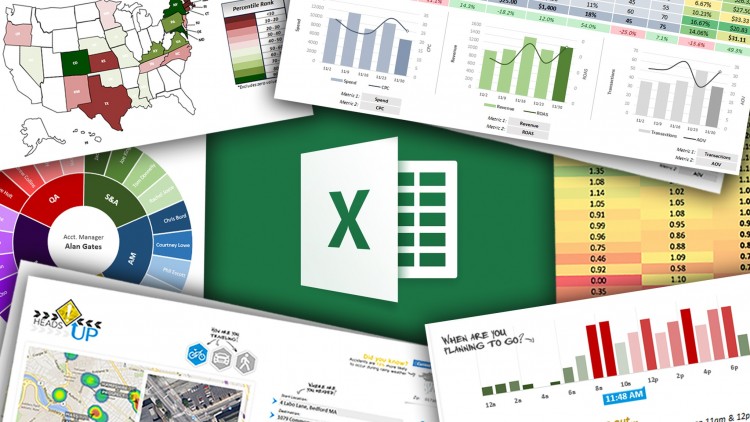Microsoft Excel was released in 1985. Since then it has become one of the world’s most important workplace programs. All industries can benefit from employees with strong Excel knowledge. This software has become entrenched in business like few others. It is used for a range of processes from analyzing inventory and budgeting to organizing client lists. Here are a few areas it has become an indispensable asset:
Finance & Accounting
If you work in financial services or accounting, you know these areas use Excel every day. In the 1980s, financial analysts would spend weeks running advanced formulas. They would be calculated manually or by using IBM’s Lotus 1-2-3 or other programs. Today you can perform complex modeling in minutes with Excel.
Marketing & Product
While marketing and product professionals look to their finance teams for heavy lifting, spreadsheets are most often used for customer and sales targets. You can manage sales teams while planning marketing strategies. Pivot tables support quick customer and sales summary data.
Human Resources & Planning
Database systems like Oracle and SAP are used to manage payroll and employee information. Even then, that data is frequently exported into Excel. This supports trend identification and cost/benefit analysis. It also helps users better understand workforce design based on function and compensation.
Google has made material inroads into Microsoft Office’s workplace domination. However, Excel is not going anywhere. Businesses continue to use it as a primary tool for diverse functions and applications from IT projects to sales projections.
The job market is extremely challenging. There are far more job seekers than positions. A functional knowledge of Excel is vital for most every corporate professional today. Practical Excel skills can open the door to promotion and leadership opportunities. It’s a powerful tool in the hands of a savvy worker. He/she can then take advantage of everything this software has to offer. That’s a win-win strategy for everyone.
(This post is synopsized from the article posted on Investopedia on June 25, 2019. Read the entire article here.)

